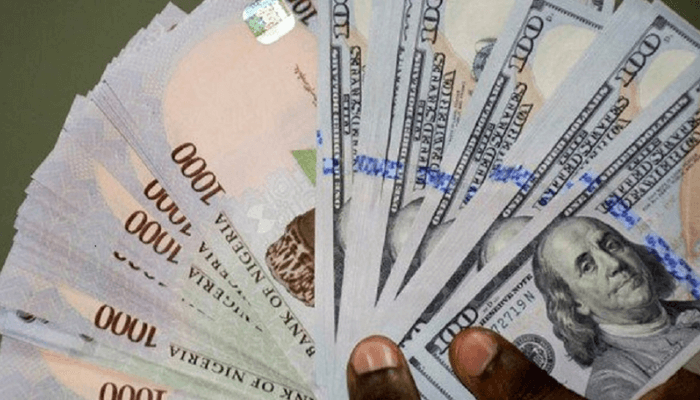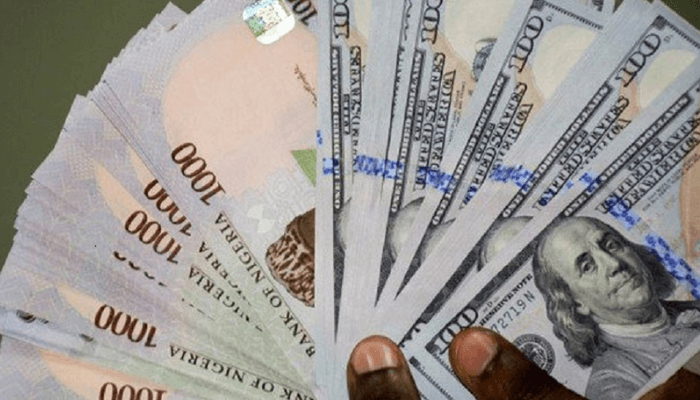The Nigerian stock market lost over ₦240 billion in market value on Tuesday as investors reacted to global risk signals following former U.S. President Donald Trump’s renewed trade threats, prompting a wave of sell-offs across emerging markets.
Data from the Nigerian Exchange Limited (NGX) showed that the All-Share Index (ASI) dropped by 0.44 percent to close at 97,385.12 points, while market capitalization declined by ₦240 billion to settle at ₦55.12 trillion.
The market downturn was largely driven by losses in major banking and consumer goods stocks, including Zenith Bank, GTCO, Access Holdings, BUA Cement, and Nestlé Nigeria, as foreign investors sought to hedge against potential currency shocks.
Global Jitters Hit Local Market
Analysts attributed the decline to Trump’s recent remarks suggesting that, if re-elected, he could reimpose tariffs on key trade partners, a move that rattled global currency and commodity markets.
The comments, which briefly strengthened the U.S. dollar, also pressured emerging market currencies, including the naira, as investors began repricing dollar-denominated assets and exiting riskier positions.
“We saw a combination of global risk aversion and local currency uncertainty. Investors are repricing naira assets amid fears of tighter global trade conditions,” said Ayodeji Ebo, a senior market analyst at Optimus Securities.
The naira traded weaker at the official foreign exchange window, slipping to ₦1,372 per dollar, while parallel market rates hovered around ₦1,450, deepening investor unease about potential capital flight.
Sectoral Performance
The banking index led the day’s losses with a 0.7% decline, followed by the industrial goods and consumer goods indices, which dropped 0.5% and 0.3% respectively. Oil and gas stocks, however, posted mild gains due to sustained crude price strength above $83 per barrel.
Notable laggards included BUA Cement (-1.92%), GTCO (-0.81%), and Nestlé Nigeria (-0.45%), while Seplat Energy and Oando recorded modest gains.
Analysts’ Outlook
Market watchers believe the pressure may persist in the short term as global investors weigh Trump’s trade stance and its implications for emerging economies.
“The Nigerian market remains sensitive to global narratives, especially those tied to U.S. monetary policy and trade politics,” noted Chika Maduka, equity strategist at Afrinvest. “However, long-term investors may see opportunities in undervalued blue-chip stocks.”
Despite the losses, total market turnover stood at ₦7.5 billion, with over 500 million shares traded across 8,000 deals, reflecting continued retail participation.
Economists also noted that the latest episode underscores Nigeria’s exposure to global shocks amid ongoing efforts to stabilize the naira and attract foreign inflows.










Leave a Reply